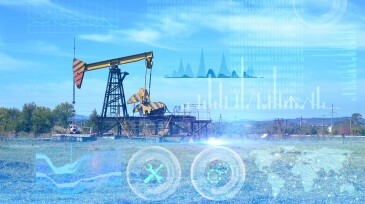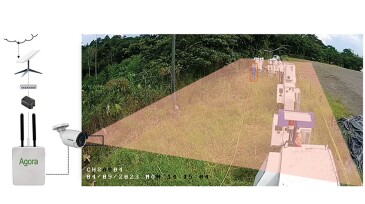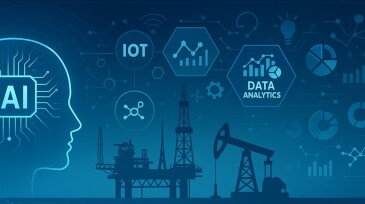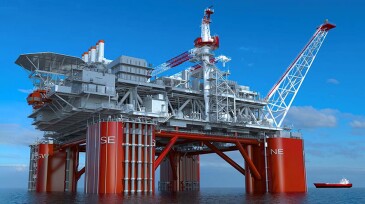AI/machine learning
This paper introduces an agentic artificial-intelligence framework designed for offshore production surveillance and intervention.
In the past year, publications on CO2, natural gas, and hydrogen storage have increasingly focused on the design, evaluation, and optimization of storage plans. These efforts encompass a broad spectrum of challenges and innovations, including the expansion of storage reservoirs from depleted gas fields and saline aquifers to stratified carbonate formations and heavy-o…
Reaching further than dashboards and data lakes, the agentic oil field envisions artificial intelligence systems that reason, act, and optimize.
-
This article presents a comparative study evaluating four machine-learning approaches, including three deep-learning methods, for forecasting gas and condensate production over a 5-year horizon.
-
After a successful trial phase of ENERGYai, AIQ has been tapped to roll out the technology across ADNOC’s upstream operations.
-
Weatherford and AIQ say they aim to enable the energy sector to unlock efficiencies, boost productivity, and reduce operational costs by combining their strengths.
-
This article is the second in a Q&A series from the SPE Research and Development Technical Section focusing on emerging energy technologies. In this piece, Madhava Syamlal, CEO and founder of QubitSolve, discusses the present and future of quantum computing.
-
This paper presents an immersive platform that enables multidisciplinary teams and management to make decisions, connecting professionals to demonstrate and share findings in a way that capitalizes on artificial intelligence and cognitive capabilities.
-
The paper showcases the digital journey of a brownfield where digital solutions are enhancing recoverable volume, production, and process efficiency while minimizing losses and maximizing the return of investment.
-
The rapid development of oil and gas intelligent operations depends on artificial intelligence, automation, and data analytics to achieve optimal conditions in oil and gas operations.
-
The full potential of data can only be realized when it is viewed not in isolation but as part of the dynamic triad of hydrocarbons, the data, and the people who interpret it and act on it.
-
Over decades of exploration and production, the oil and gas sector has accumulated vast amounts of legacy data in various formats. Artificial intelligence and machine learning present an opportunity to transform how this unstructured data is processed and used, enabling significant improvements in operational efficiency and decision-making.
-
SLB will use artificial intelligence-based software to help ensure the delivery of 18 ultradeepwater wells.













